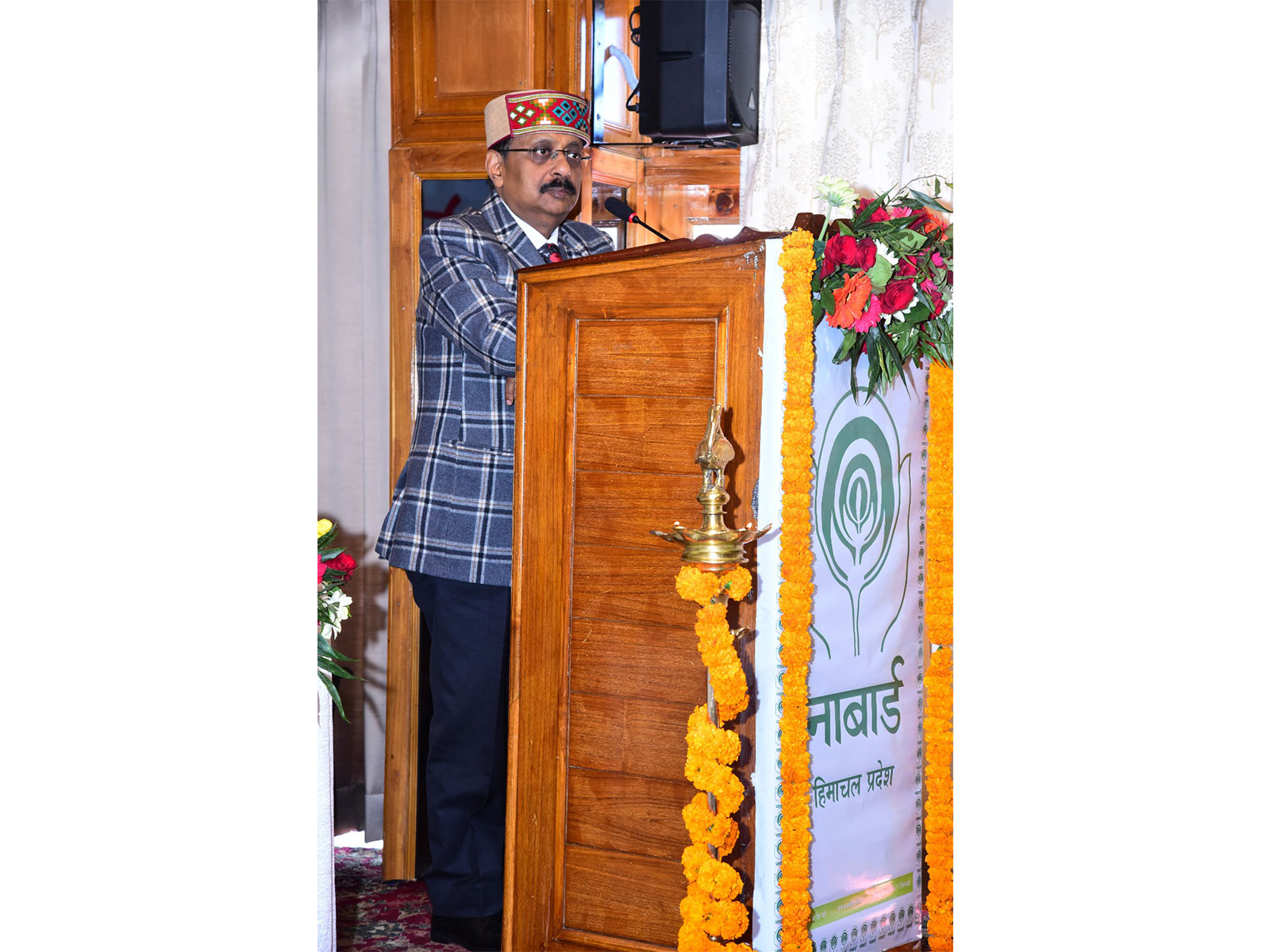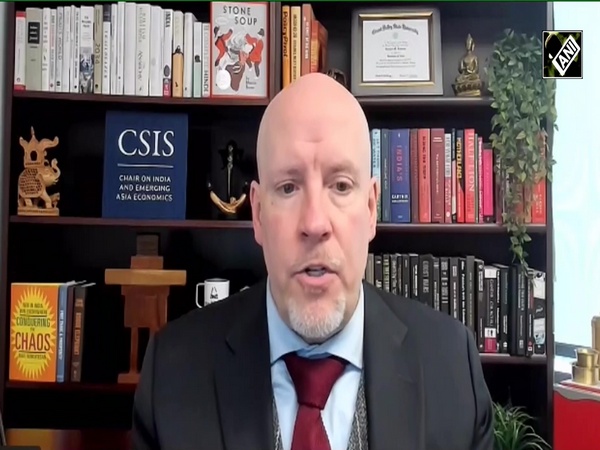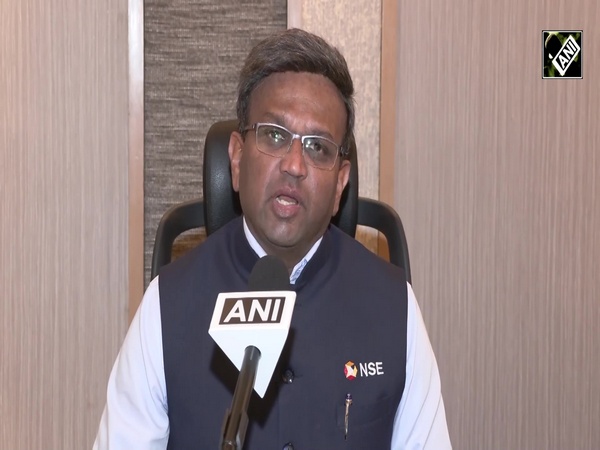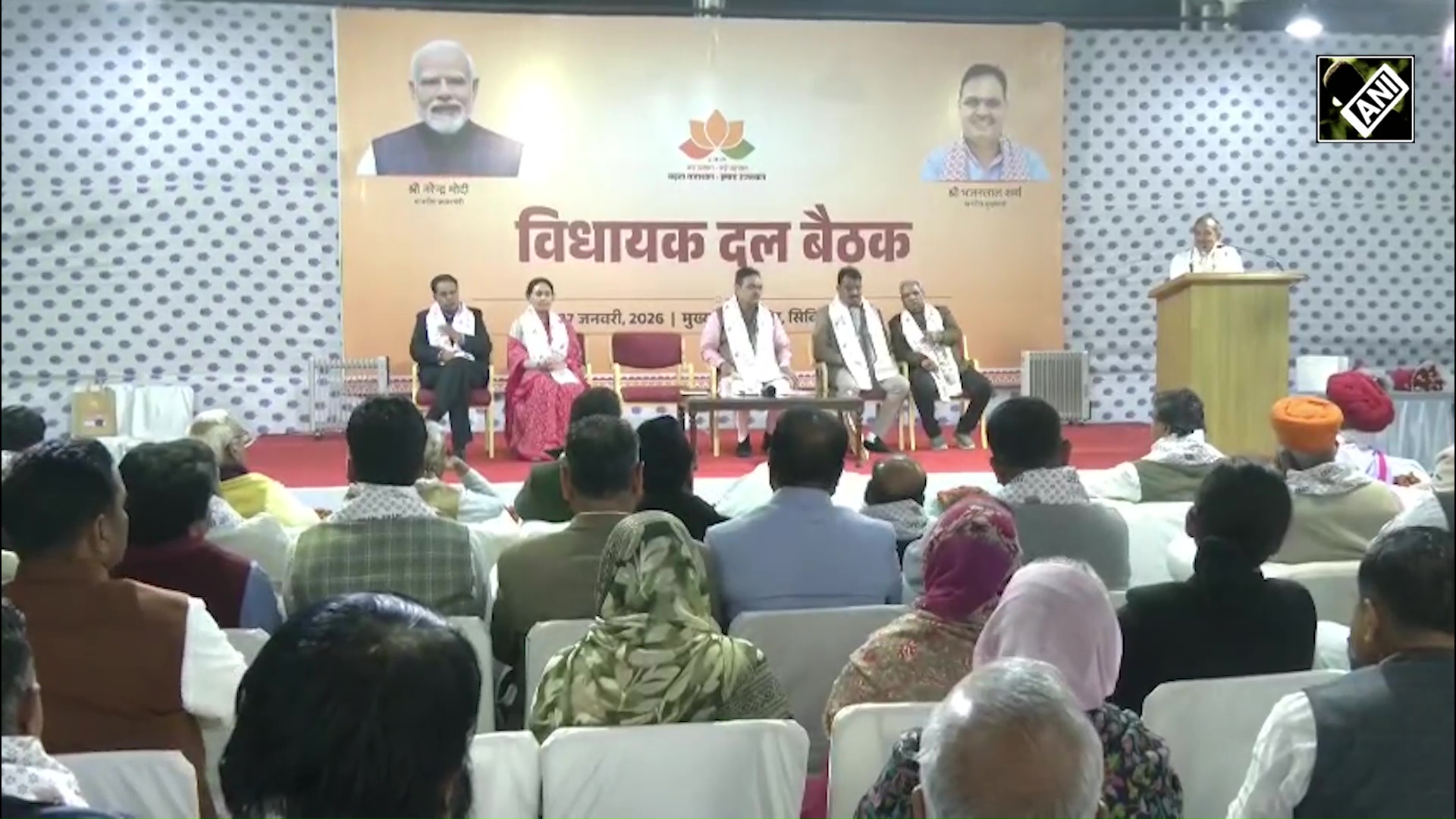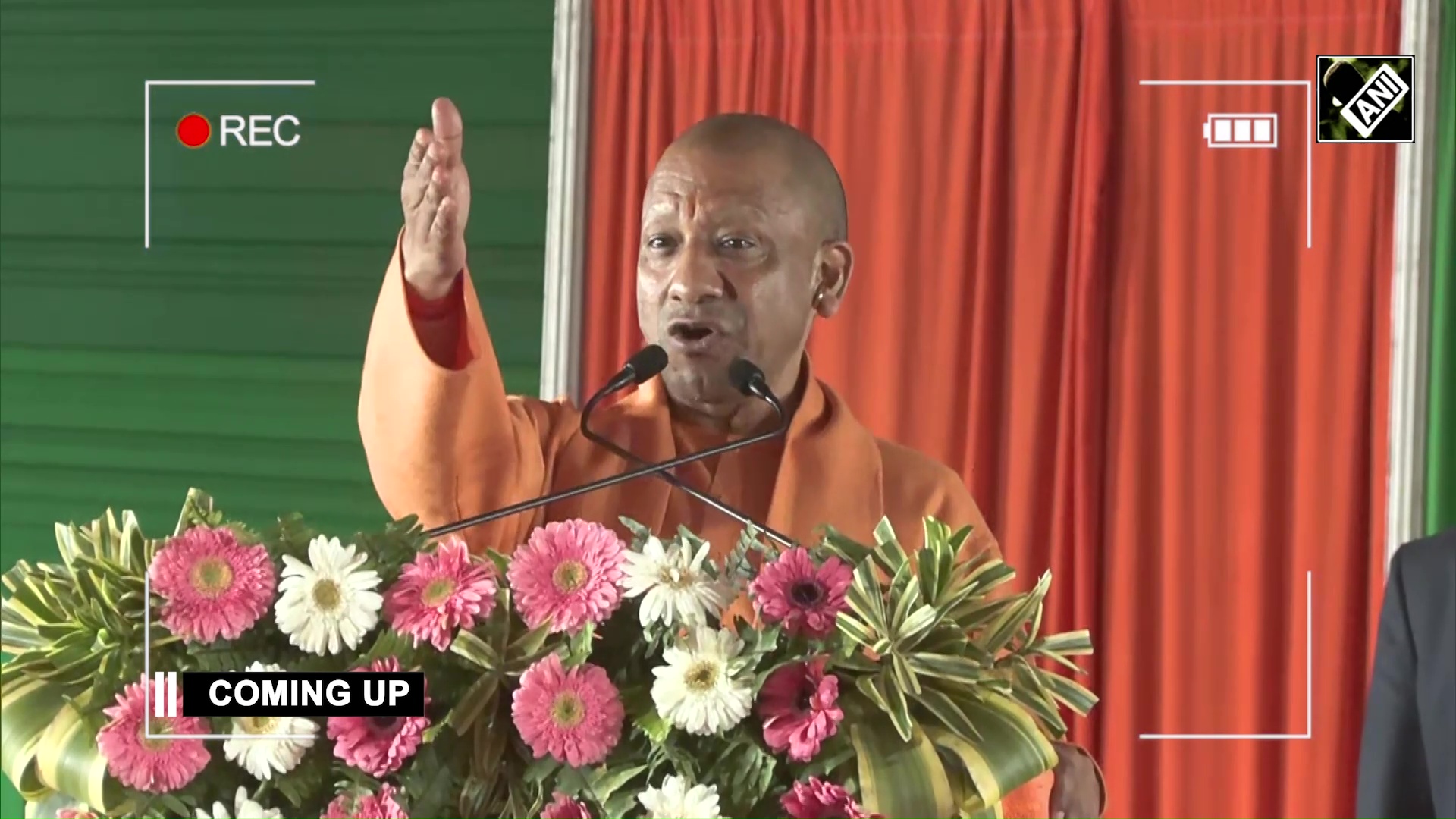Trump diagnosed with chronic venous insufficiency: Why doctors caution against ignoring even mild symptoms
Jul 18, 2025

By By Shalini Bhardwaj
New Delhi [India], July 19 : After US President Donald Trump was diagnosed with chronic venous insufficiency (CVI), Dr Abhishek Bansal, Senior Consultant and Chief of Interventional Radiology at Aakash Healthcare, warned that even mild symptoms, like Trump's ankle swelling, should not be ignored, as they could signal underlying vascular issues.
"The body often sends out early distress signals, and ignoring them could delay crucial diagnoses. Symptoms like swollen ankles, unexplained bruises, or a persistent limp may appear minor, but they could be the body's way of signalling something more serious beneath the surface," Bansal told ANI.
He explained that while CVI is a common age-related vascular issue, it can mask underlying causes like deep vein thrombosis, heart failure or renal dysfunction.
He pointed out that proactive clinical evaluation, not photo speculation, is essential to rule out serious pathology and prevent delays in care.
"While occasional swelling or bruising may be harmless, recurring or unexplained symptoms deserve attention. A timely medical evaluation can help uncover underlying causes and prevent complications. Your body whispers before it screams, listen early," he said.
He stated that in CVI, timely interventions, such as compression therapy, elevation, or exercise, can prevent progression.
"Early detection transforms what could become serious into a manageable condition. For older adults (like Trump, age 79), this vigilance becomes even more important," Dr Bansal said.
Dr Virender K Sheorain, Associate Director, Peripheral Vascular and Endovascular Sciences, Medanta, Gurugram, said swelling and pigmentation in the legs are ideally the first step or warning signs.
"The first step when one notices swelling and pigmentation in the legs is to consult a physician, ideally a vascular specialist. They may recommend a duplex ultrasound scan with colour Doppler of the legs to assess blood flow, health of veins and valves in the leg veins. Ignoring symptoms for long can lead to progression of disease and complications like skin wounds or venous ulcers and persistent leg swelling," Sheorain said.
He said that lifestyle plays a significant role in managing Chronic Venous Insufficiency (CVI), adding that daily use of compression stockings improves blood return and reduces swelling, while elevating one's legs whenever possible helps drain pooled blood.
"Regular walking or calf exercises boost circulation via the 'muscle pump,' and weight management reduces pressure on leg veins. Additionally, it's important to avoid long periods of sitting or standing by moving every 30-60 minutes," he said.
"As CVI is a slowly progressive disease, it usually starts as minor leg fatigue or swelling and can evolve into skin changes, pigmentation, varicose veins, or even non-healing ulcers. Hence, early consultation with a Vascular Specialist and appropriate timely intervention can prevent irreversible skin damage, improve quality of life, and avoid more invasive treatments," he added.
Dr Pankaj Kumar Hans, Director & Head Unit (II)- General, Laparoscopic, Bariatric, Laser & Robotic Surgery, Asian Hospital, told ANI that CVI, particularly in a septuagenarian such as former President Trump, is neither rare nor inherently dangerous.
"It reflects age-related weakening or damage of the venous valves, leading to blood pooling and ankle swelling. The key concern is ruling out deep vein thrombosis (DVT) and arterial blockage, both of which appear to be absent based on the available reports. Management is straightforward: compression therapy, leg elevation, regular walking and weight control," he said.
"For many, conservative measures suffice, though minimally invasive interventions like endovenous ablation may be necessary in persistent or advanced cases. It's important to emphasise to patients that early diagnosis and consistent use of compression stockings aren't cosmetic; they prevent long-term skin changes, ulcers, and significant discomfort," he added.
